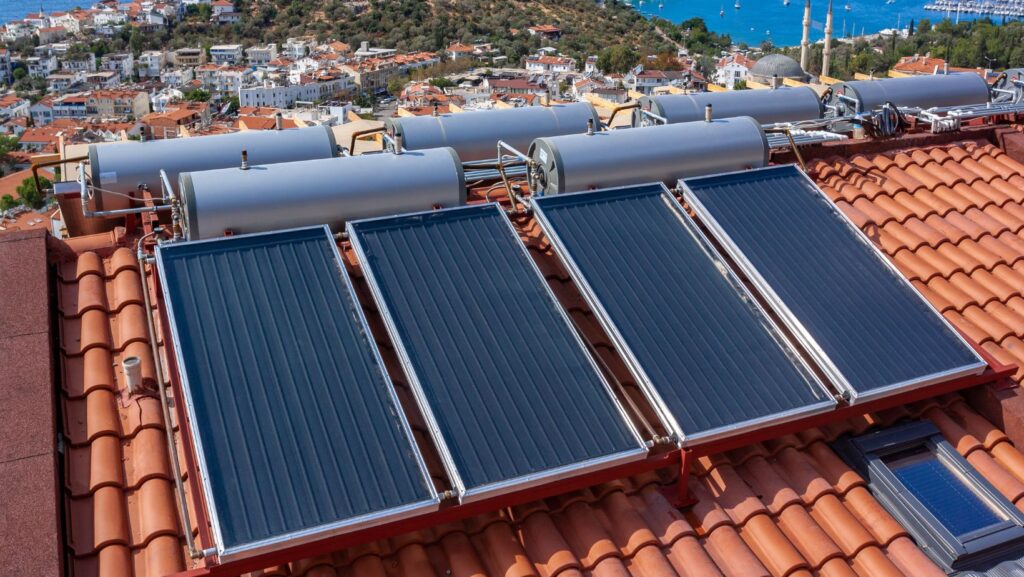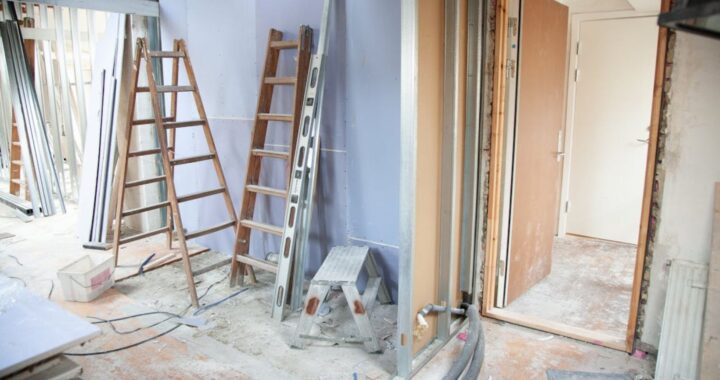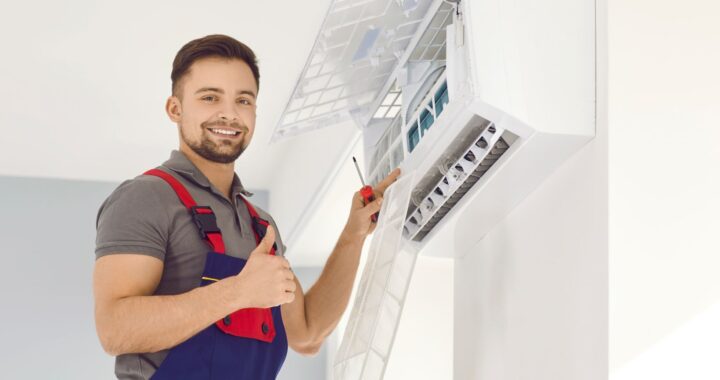Avoid Hot Water System Breakdowns: Recognising and Acting on Warning Signs

Hot water systems, though often overlooked, make a significant contribution to the comfort and functionality of every Australian household. Many hot water systems’ operations go unnoticed until they fail, revealing their importance when the warm, comforting flow witnesses an untimely halt. Ignoring the need for regular maintenance frequently leads to premature system failure, resulting in unplanned expenditure and discomfort.
Understanding the intricacies of your hot water system and learning to recognize the early warning signs can translate to considerable financial savings and extend your system’s lifespan. Furthermore, preventive maintenance shifts your perspective from constantly dealing with emergencies to a proactive approach. This minimizes potential breakdowns and ensures a reliable, uninterrupted hot water supply in your home, regardless of the season.
Understanding Your Hot Water System
Hot water systems, while appearing uncomplicated, involve complex operations happening behind the scenes. Available in varying types such as electric, gas, solar, and the increasingly popular heat pump systems, each type functions distinctly. However, all hot water systems share a few key components, consisting of water tanks, heating elements, valves, and thermostats. Coordinating simultaneously, these components heat the water to your desired temperature and maintain it.
Depending on their make and model and considering regular maintenance, hot water systems typically have a lifespan of 8 to 12 years. Regular evaluations are crucial to ensure they operate at peak efficiency. Such assessments also highlight areas needing attention, providing an opportunity to replace or repair parts before they result in entire system failure.
Recognising Warning Signs of a Failing System
Failing to recognize the early warning signs of an ailing hot water system could lead to sudden system breakdowns or expensive repairs. Unusual noises, such as popping or sharp cracking sounds, often indicate the accumulation of sediment in the system’s base. While it may seem like a minor issue to deal with later, over time, it may have grave implications for the system, leading to considerable damage.
Similarly, water temperature or pressure fluctuations are often signs of thermostat issues or valve malfunctions. Ignoring these signs can quickly escalate into more severe problems and expensive repairs. When you spot water leaks or puddles forming around the system, it’s a clear indication of pipe issues or tank seal failure, requiring immediate action.
When the water flowing from your faucets appears discolored or you notice an unusual smell, these signs might indicate corrosion or bacterial buildup within the system. It’s critical to act swiftly upon recognizing these signs, not only to prevent system failure but also to eliminate potential health risks.
Routine Maintenance Tips for Longevity
Proactive maintenance goes a long way in extending the life of your hot water system, ensuring it stays operational beyond its estimated lifespan. Checking the thermostat on a regular basis ensures that the system maintains the optimal temperature, providing a comfortable water temperature while also enhancing energy efficiency.
Flushing the tank helps to remove any sediment build-up, which enhances heating efficiency and ensures optimal use of the system’s tank capacity. Along with this, the anode rod, an often overlooked component of the system, requires regular inspection. This rod keeps the tank from corroding, and if it becomes severely corroded, you must replace it promptly to prevent the tank from incurring more damage.
With do-it-yourself maintenance and small tweaks, you can protect your hot water system from major issues. However, the importance of professional inspections cannot be overemphasized. Having a professional inspect your system annually is highly advisable, as they can identify concerns that might be unnoticeable to the untrained eye.
DIY Maintenance vs. Professional Help
While homeowners can comfortably handle some maintenance tasks, like adjusting the thermostat or flushing the tank, this doesn’t mean they can manage all areas of maintenance. Some tasks are better left to professionals. Handling complex tasks like replacing anode rods or working on the electrical components of the system requires expertise to ensure accuracy and safety.
While the cost of professional maintenance services might seem high, they are often more affordable in the long run compared to the cost of emergency repairs. Furthermore, a well-maintained hot water system is efficient and consumes less energy, potentially lowering your monthly utility bills.
When choosing a professional technician for maintenance tasks, research their credentials and experience and check their online reviews. This groundwork will ensure that you get reliable and highly competent services.
Financial Benefits of Regular Maintenance
Investing in preventive maintenance can pay off in several ways, serving as a beneficial financial strategy. Regular upkeep of your hot water system costs far less than emergency repairs, which can add up quickly.
Besides, a well-maintained hot water system operates more efficiently, reducing your household’s power consumption and subsequently lowering your energy bills. Your home’s resale value is another aspect influenced by the condition of your hot water system. Potential buyers are often willing to pay a higher price for a house with a well-maintained and reliable hot water system.
Some insurers might even offer lower premiums for homes with well-maintained hot water systems, acknowledging the reduced risk of claims related to system breakdowns.
Conclusion
In the long run, the importance of recognising hot water system warning signs isn’t just about avoiding inconvenience or breakdowns; it also makes fiscal sense. Regular and proactive maintenance enhances not just the efficiency of your system, but also ensures it lasts longer.
As a homeowner, you should understand your hot water system, know how to spot potential issues, and be proactive about the system’s maintenance. Avoiding costly breakdowns and ensuring a consistent hot water supply isn’t only about convenience, but also about making savvy financial choices and maintaining a comfortably functional home.



 How to Plan and Budget for Major Home Renovation
How to Plan and Budget for Major Home Renovation  Repairs to Make Before Selling Your Home
Repairs to Make Before Selling Your Home  5 Reasons to Upgrade Your HVAC System Before Winter
5 Reasons to Upgrade Your HVAC System Before Winter